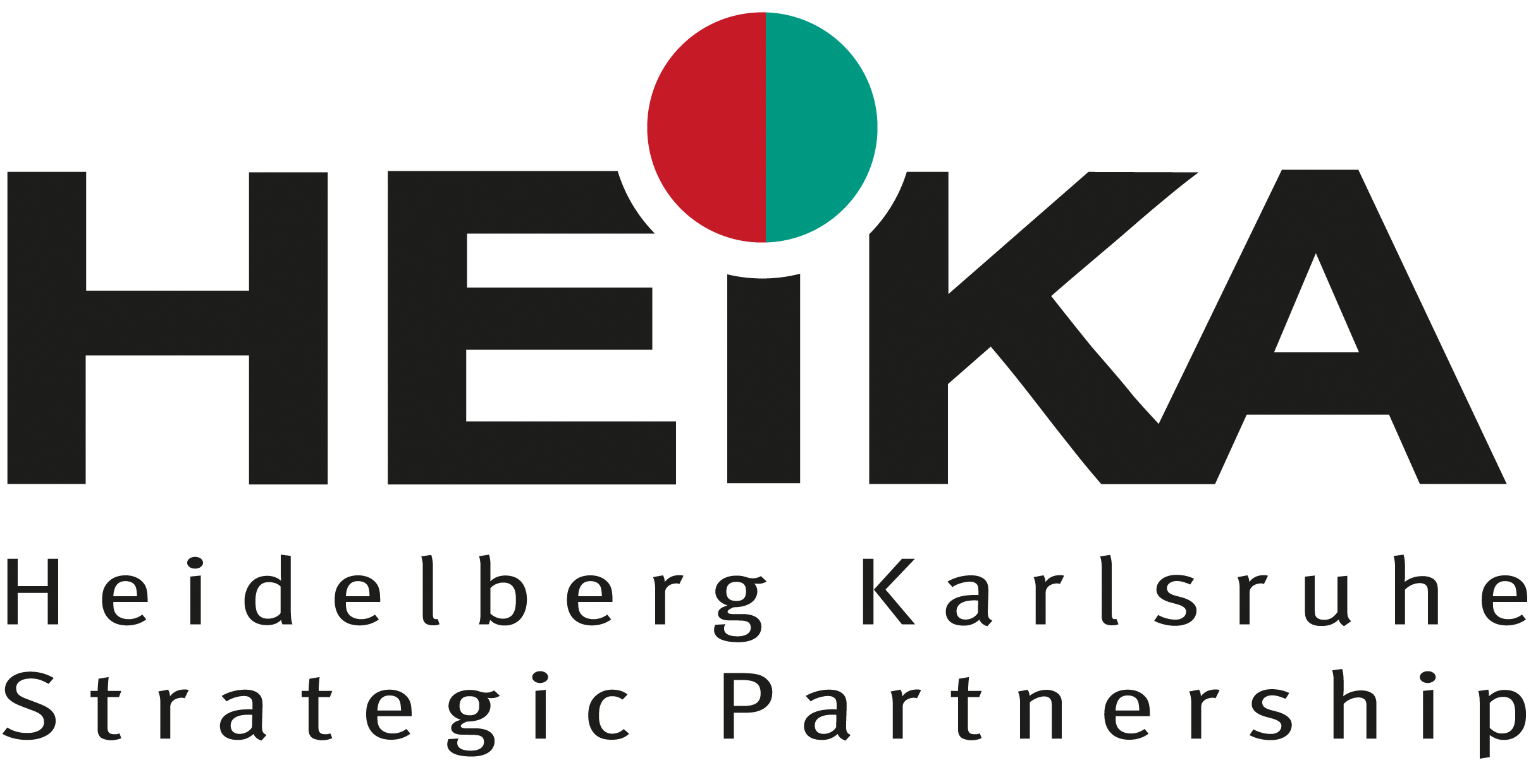In the late Middle Ages and the early modern period, possibilities and techniques for gaining knowledge about the future and thus limiting the contingency of human life are discussed in detail in literary as well as in knowledge-conveying texts. If the future of the world was still part of a divine plan in the late Middle Ages, the future at the end of the early modern era seems less determined by Providence than by scientific laws that can be determined by observation and extrapolation. The aim of the research project is to explore the transformation of theological and mantic knowledge claims about the future into scientific models in German and European cultural space and to describe their integration into literary and non-literary textual worlds. A medievalist subproject investigates the staging of future knowledge in the late medieval and early modern prose novel, a neo-Germanist subproject investigates the narrative imparting of prognosis knowledge in European narrative literature from the 16th to the 18th century against the background of the emergence of modern science. Both sub-projects connect chronologically and thematically directly with each other.
Research bridges
Run-time
-
Institut für Germanistik
Karlsruhe Institute for Technology

